"Seeds" of hope from practical livelihood models
In the journey to achieve the goal of sustainable poverty reduction, providing livelihoods to highland people, especially ethnic minority women, is considered one of the effective ways, both deeply humane and motivating them to be economically independent and stabilize their lives.
Phu Lac Commune is one of the most disadvantaged areas in Thai Nguyen Province, where the poverty rate remains high; especially households headed by women, single parents or those with disabled members in the family, and those without stable jobs. In that place, each cow, flock of chickens, and bag of animal feed handed over not only has material value, but is also the key to opening up opportunities to escape poverty.

In a simple house in Queo hamlet (Phu Lac commune), Ms. Ninh Thi Thuong, a San Chay ethnic, carefully feeds her cows handfuls of green grass. She said that for many years her family has been poor, her husband works far away, and she alone has to take care of two sons with congenital disabilities and mental retardation. The life of the three mother and children mainly depends on a small social allowance, while trying to make a living with a few acres of barren rice fields.
When she was supported with a breeding cow, she emotionally shared: “I see this cow as an opportunity to change my life. I wish for nothing more than to be healthy enough to work, and with a cow, I can raise more herds, sell calves to pay for medicine and send my children to school.”
Sharing the same situation as Ms. Thuong's family, Mrs. Tran Thi Cau, 60 years old, a San Chay in Khuon 2 hamlet, still has to shoulder the responsibility of raising two mentally retarded children. Having no land to produce, no stable job, Mrs. Cau has to work as a seasonal employee with an unstable income. Every household expense must be carefully calculated.
When receiving the breeding cow, Mrs. Cau was so happy that she cried. She said, “The cow is like a treasure. I will take good care of it so that later I can have a calf, which I can sell to get money to send my grandchildren to school and fix the leaky roof.”
Those simple stories, but contain the power of determination and belief that when poor people are supported at the right time, to the right people and in the right needs, they will stand up on their own and create change in their lives.
Highland women and the journey to economic independence
Not only households are supported with cows for breeding, many other women also have access to a model that is more suitable to their family conditions. For example, Ms. Tran Thi Tuyen, a Dao ethnic in Hamlet 2, Phu Lac Commune, is raising two children alone, living in an old warehouse that was repaired by the villagers. Her previous job was just picking tea for hire, with an unstable income depending on the season.
After receiving financial support to buy breeds and farming materials, Ms. Tuyen chose the model of raising laying hens. Thanks to her diligence and ingenuity, the flock of chickens grew well, bringing in a small but stable income. She excitedly said: “Since having chickens, our family meals have included eggs and chicken. Last time I sold a few hundred thousand, saving for my children to buy books.”
Although these livelihood models are small, they have helped many ethnic minority women earn more income and improve their lives. More importantly, they have gradually formed the habit of production, calculating expenses, saving basic skills to gradually escape poverty sustainably.
Livelihood support not only brings economic value but also a source of deep spiritual encouragement to the poor. When women feel the care and sharing of the community, they have more confidence to strive.
In fact, if properly implemented, livelihood support will create a double effect, both helping people have a "fishing rod" and inspiring self-reliance. In many places, households that received cows and chickens have now become well-off households, continuing to help other households, creating a circle of kindness, helping each other escape poverty.
The story in Phu Lac is a clear demonstration of the value of policies that target the right ethnic minority and disadvantaged women in society. When empowered, they not only improve their family economy but also contribute to improving the community’s life, building a new, rich, beautiful and humane countryside.
From a cow and a flock of chickens, the women of the Thai Nguyen highlands have been able to build a new life for themselves. They are no longer beneficiaries, but become the subjects of the development process. And when their faith is awakened, they will not resign themselves to poverty, but will gradually rise up with their own determination.
Source: https://daibieunhandan.vn/thai-nguyen-trao-sinh-ke-de-phu-nu-dan-toc-thieu-so-vuon-len-thoat-ngheo-10395093.html








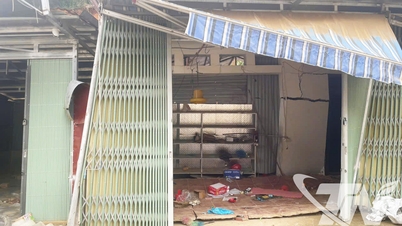

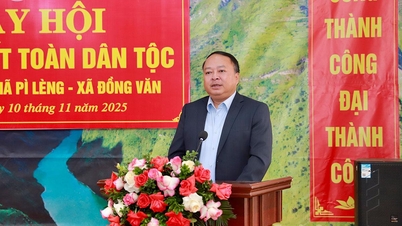

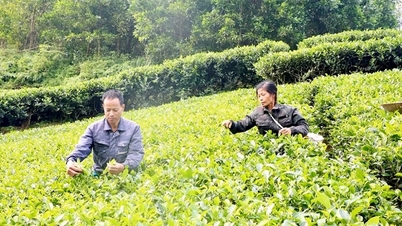
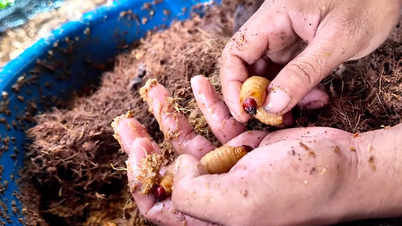

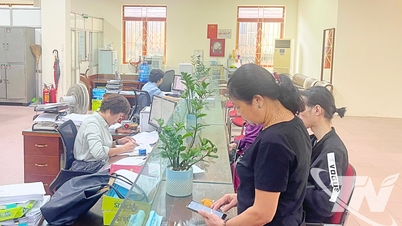
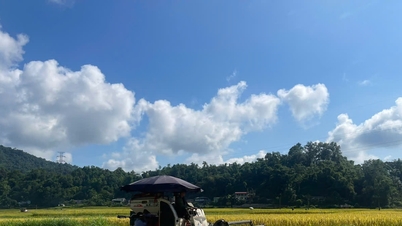
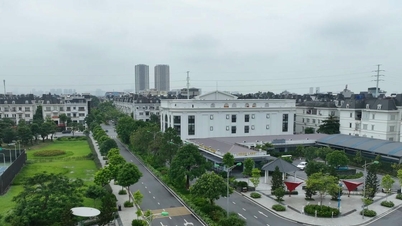

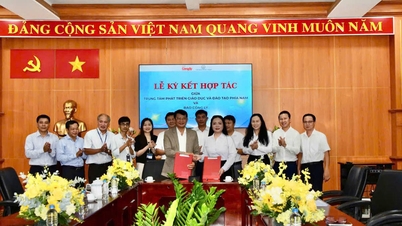
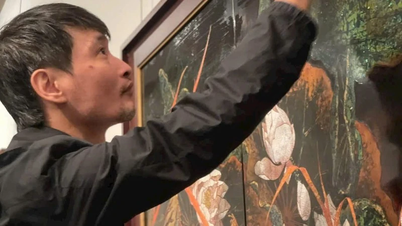

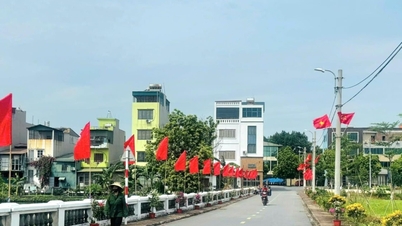
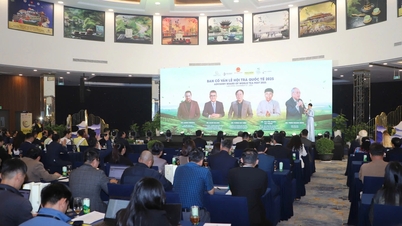

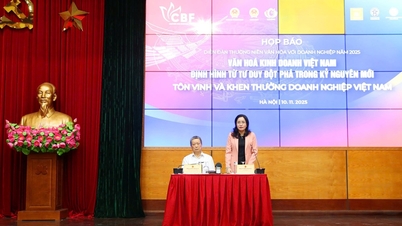





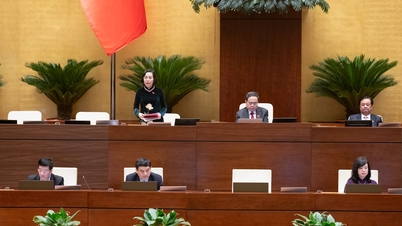
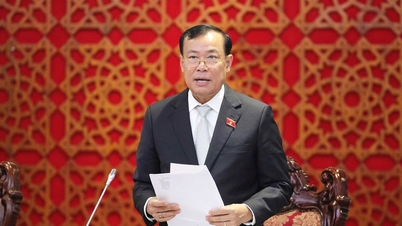
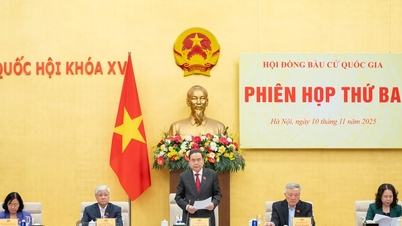
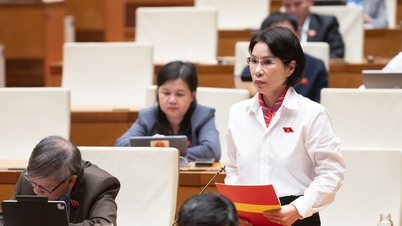






































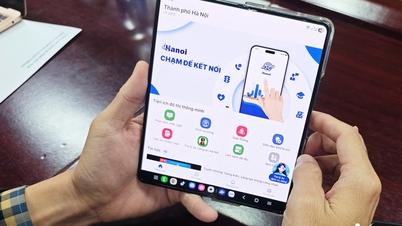


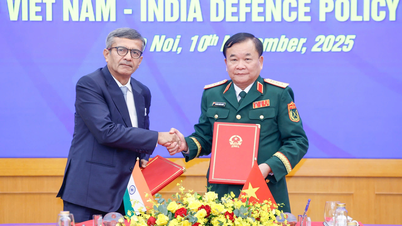



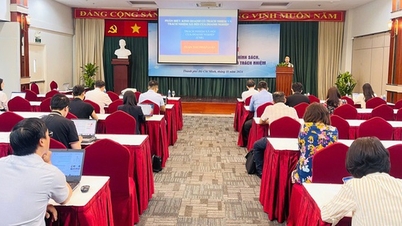


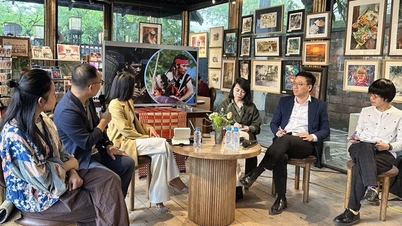




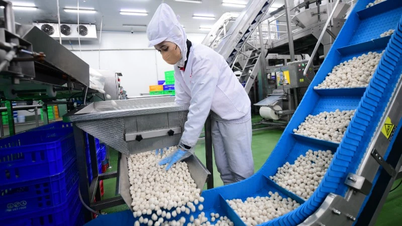





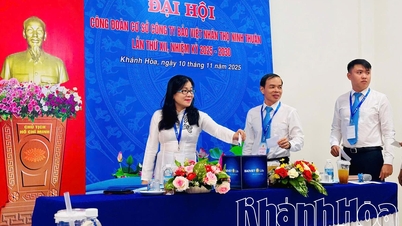
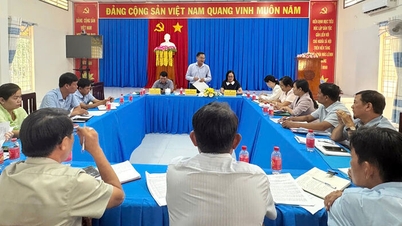

![Dong Nai OCOP transition: [Article 3] Linking tourism with OCOP product consumption](https://vphoto.vietnam.vn/thumb/402x226/vietnam/resource/IMAGE/2025/11/10/1762739199309_1324-2740-7_n-162543_981.jpeg)











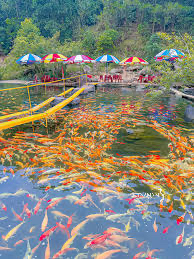

Comment (0)